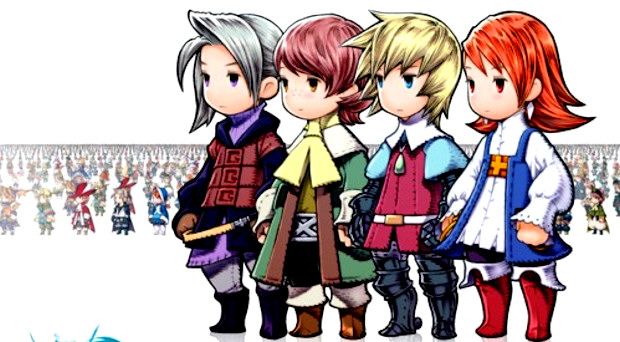Trigger Warning: the game about to be described (The Day the Laughter Stopped) and the content of this article discusses and addresses rape and sexual assault
An interactive fiction game – although in truth it more closely resembles an interactive narrative/fiction experience than what I’d personally define as a game – crossed my virtual path recently. Without any context it might seem odd that I speak of it as if it is an entity of sorts, but that’s because it seems inadequate to refer to something that left me with such a lasting impression as just a simple text-base game. The Day the Laughter Stopped, designed by developer Hypnotic Owl, was created to make the audience have this exact sort of reaction as it explores the senselessness of victim blaming and challenges ignorant and offensive assumptions of who a person “must be” to be a victim of rape. Although the game is grave, I highly encourage anyone who feels as if they wouldn’t be potentially triggered to play the game before you skip past the jump.
In The Day the Laughter Stopped you play the role of a fourteen year old girl and, particularly because of the game’s immersion factor, you effectively assume her identity. You gain the attention of an older male student at your high school who you quickly realize is interested in spending time with you. Although you’re a little unsure about him, he’s popular and a lot of your friends have crushes on him. The attention he gives you makes you feel simultaneously anxious and excited. I think it can be pretty easily inferred where it goes from here, which is even more concerning when you learn that the story was inspired by the real experience of one of the developer’s friends.
Although it’s best to go into the game free of expectations, I had a general idea of where the conclusion was headed when I started playing and decided to try my hardest to fight back. When prompted with multiple options I always chose the one that made it clear that I had no interest. I didn’t respond to his attempts at flirting, I didn’t hold his hand, didn’t drink the alcohol he offered. But ultimately I arrived at the scene in which I’d dreaded. There was nothing I could do to avoid it; he’d essentially marked me.
When you reach the ending scene of the game and are prompted with the option to “Continue” you realize that there is no continuing. The main character’s life has been forcibly changed without her consent. In the ending scene she disassociates from the old life the various belongings in her room reflects. You press the button but instead of starting again you are simply given the message that “There is no starting over. This happened.” You are forced to marinate in what happened, forced to live a small portion of what actual victims of rape experience and have to live with.
Therein lies the powerful message behind the game: that no aspect of the situation or the victim’s actions affects or gives “justification” for rape. The Day the Laughter Stopped harnesses game mechanics and the immersive power of interactive narratives to educate against victim blaming in a way that allows – forces, even – the player to experience the events that happen in the game. If you decide to drink, decide to write that Christmas card, decide to share that kiss or not, it doesn’t matter, there’s nothing you can do. The outcome is he same. Whereas having a choose your own adventure style game in which the player’s input makes no difference in the narrative of the story, here the lack of control serves as a powerful metaphor. It’s not your fault, not her fault, not the victim’s fault. It both assumes and rejects the standard mechanics of these sorts of games to make the message powerfully and even uncomfortably clear. But when teaching this important of a lesson, this simple interactive fiction game delivers the effect necessary to inspire change.




